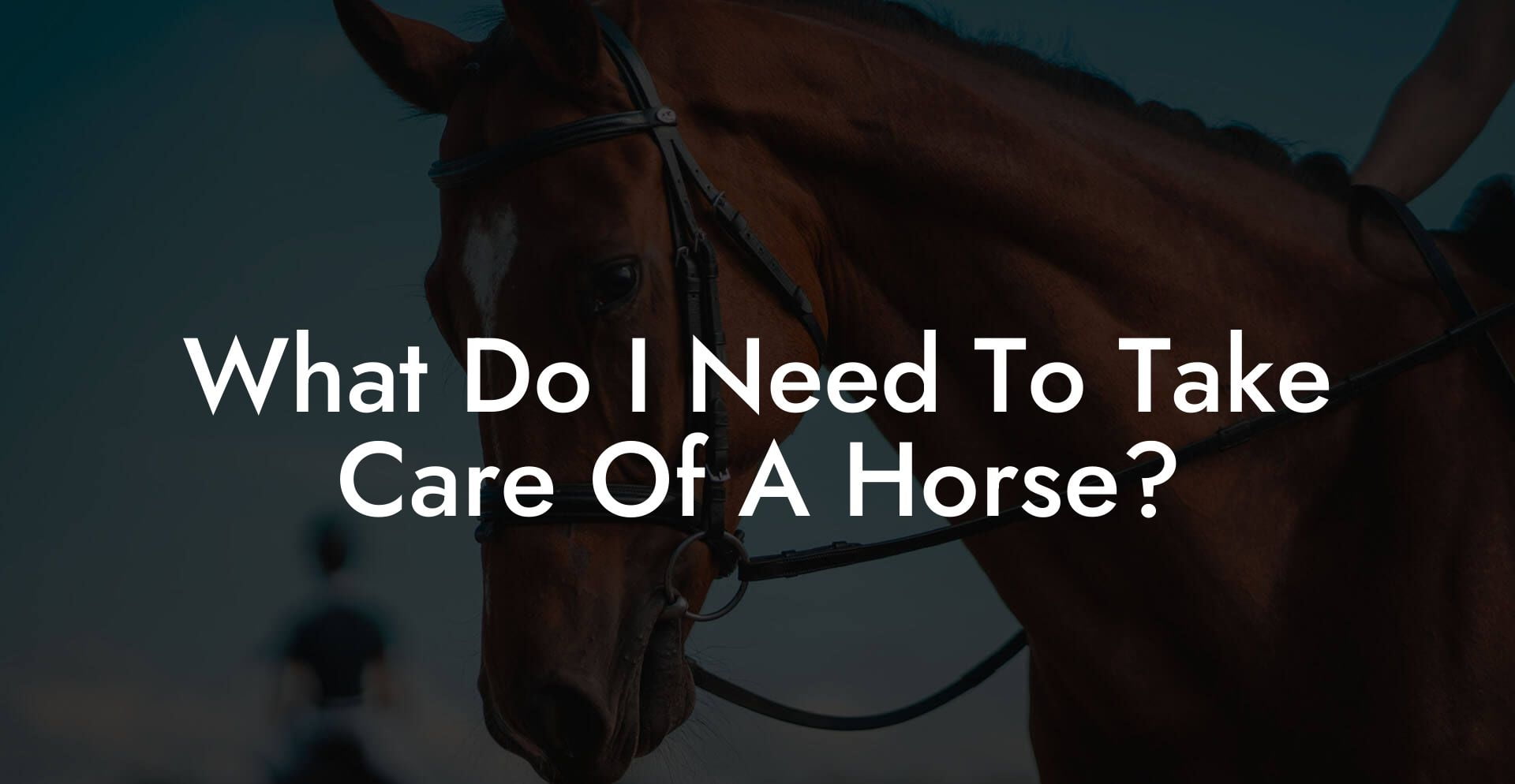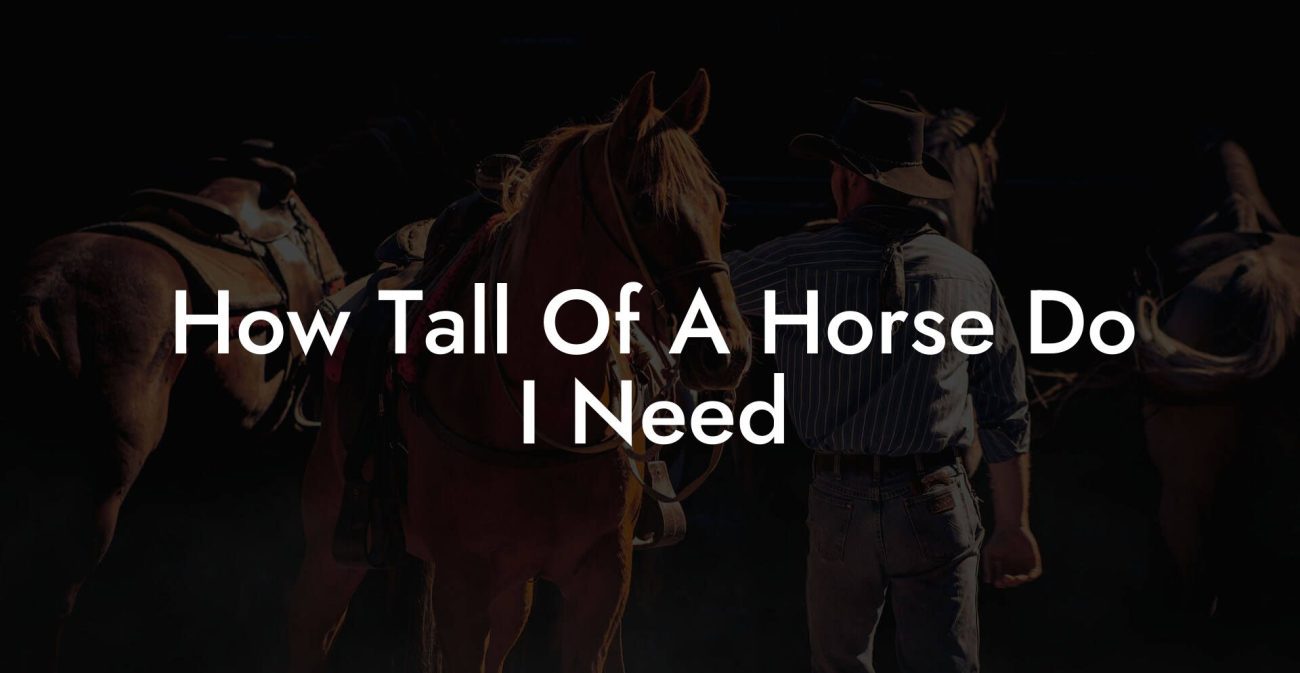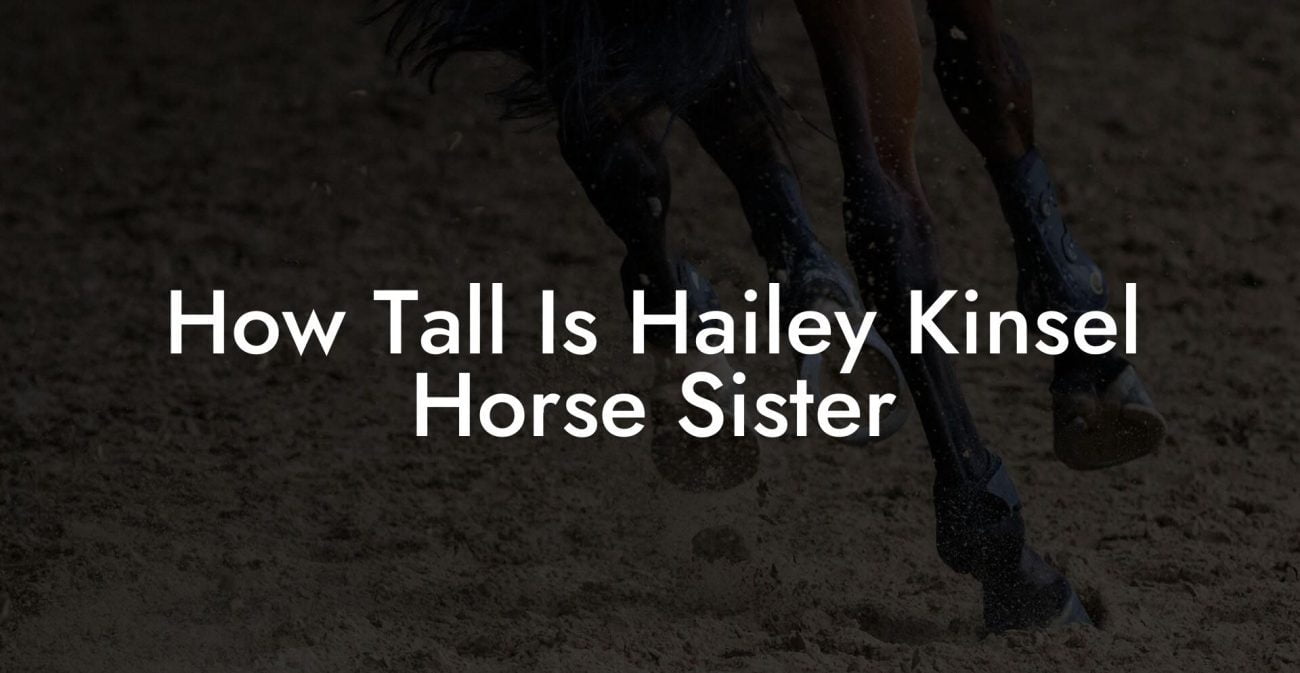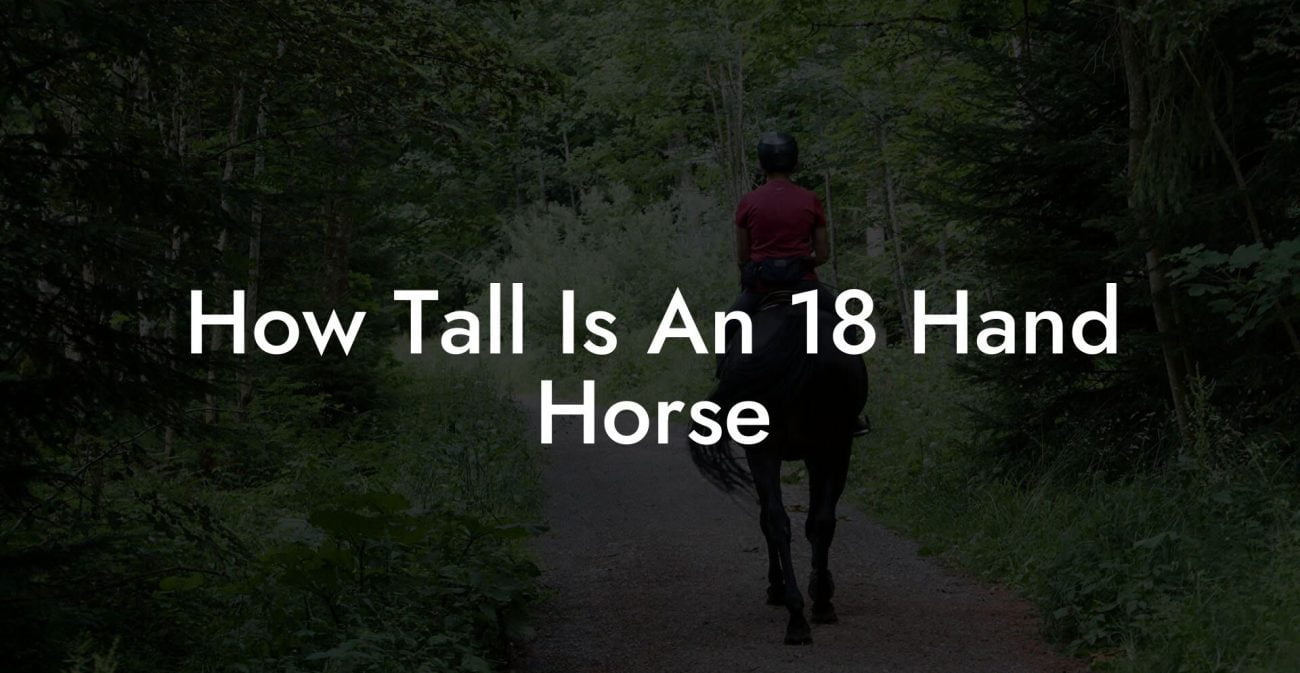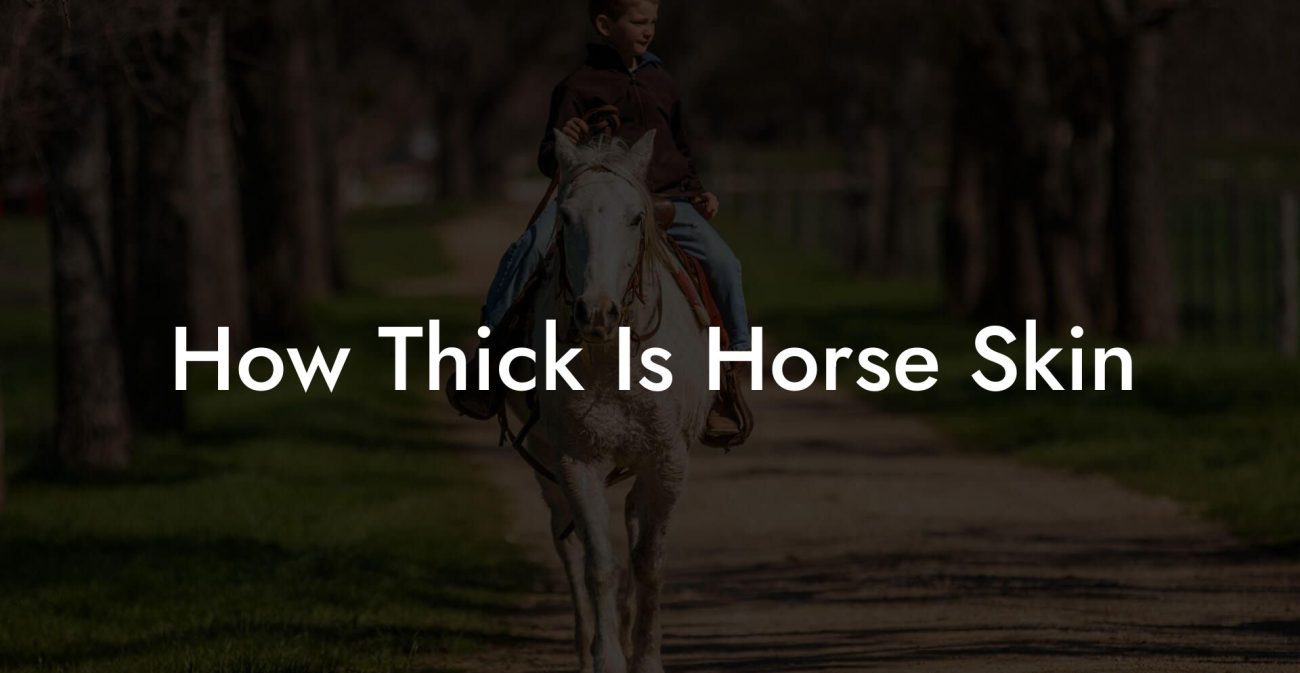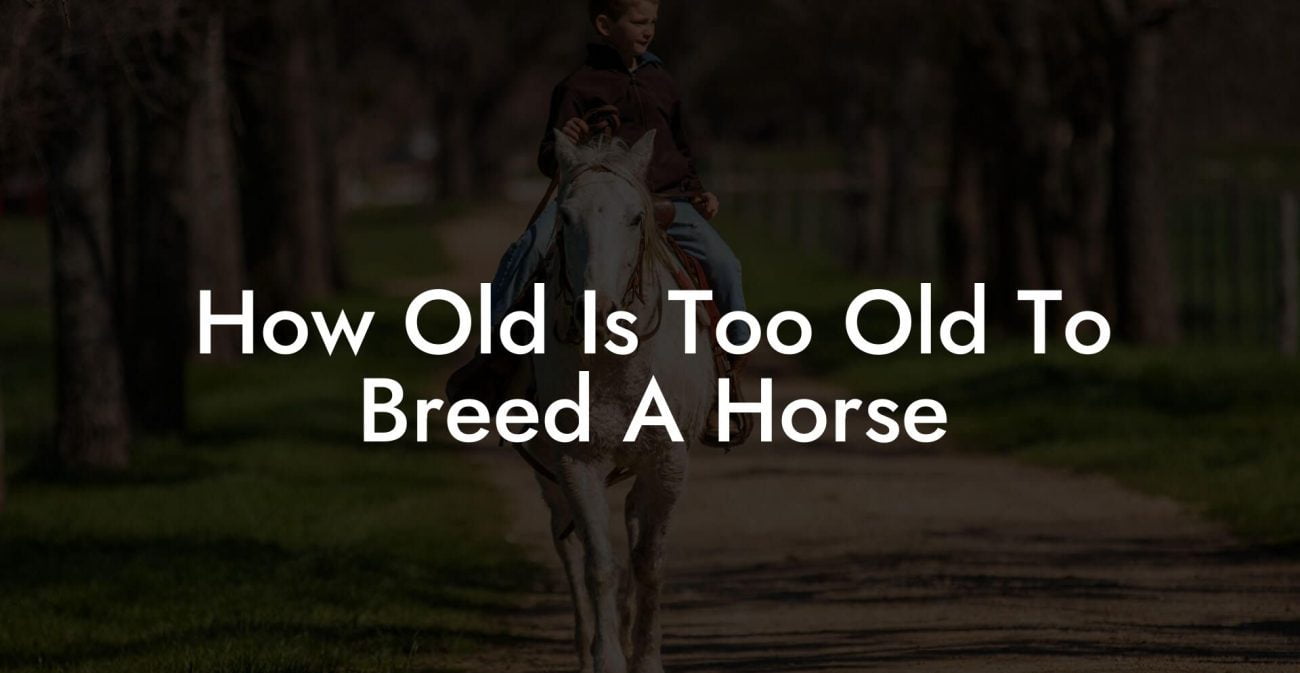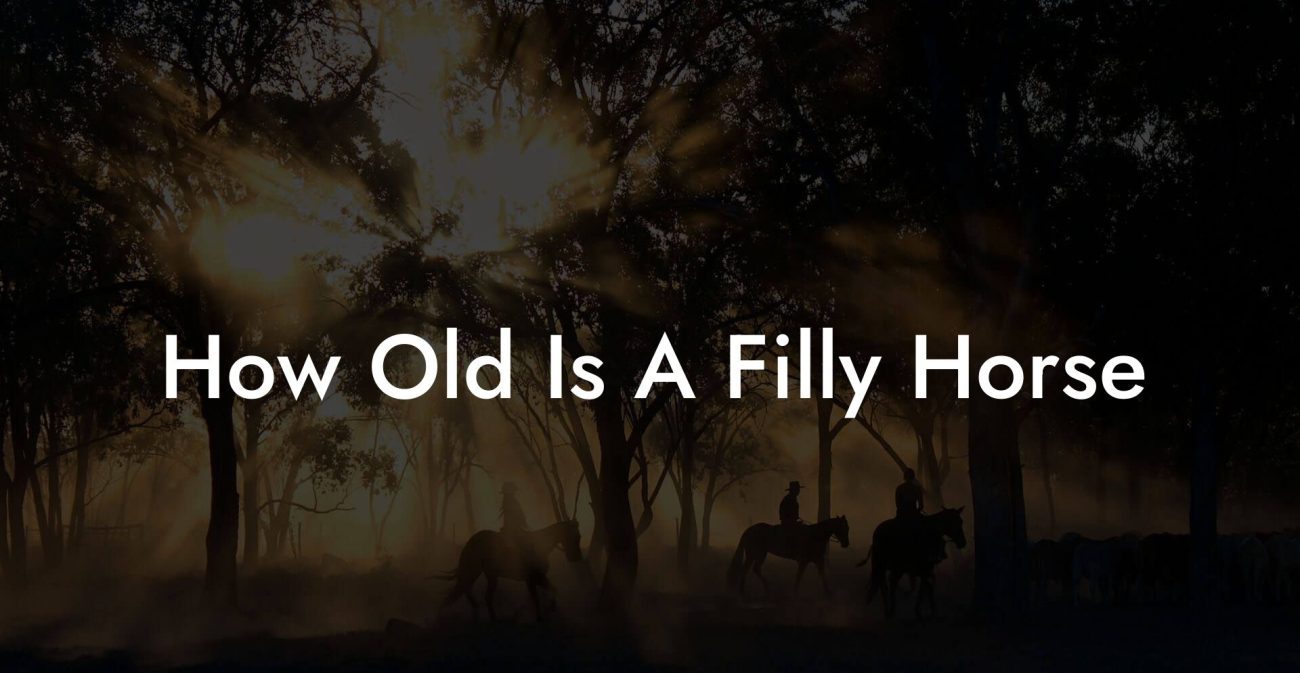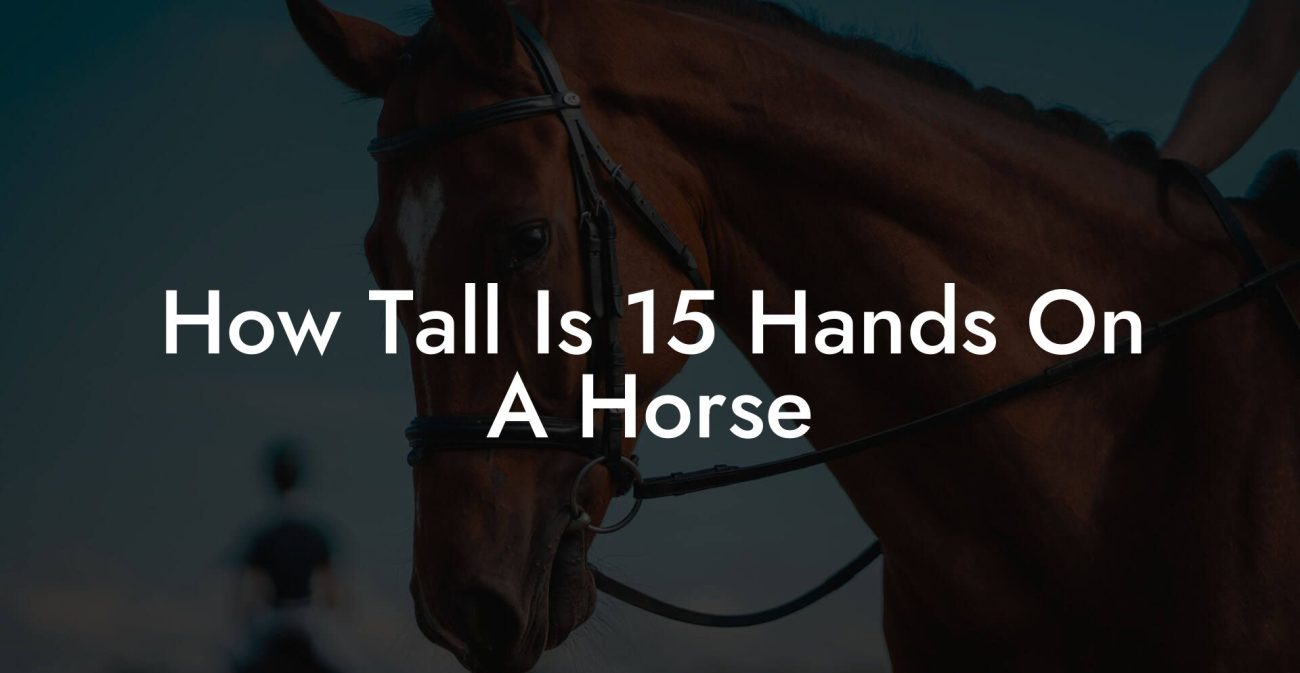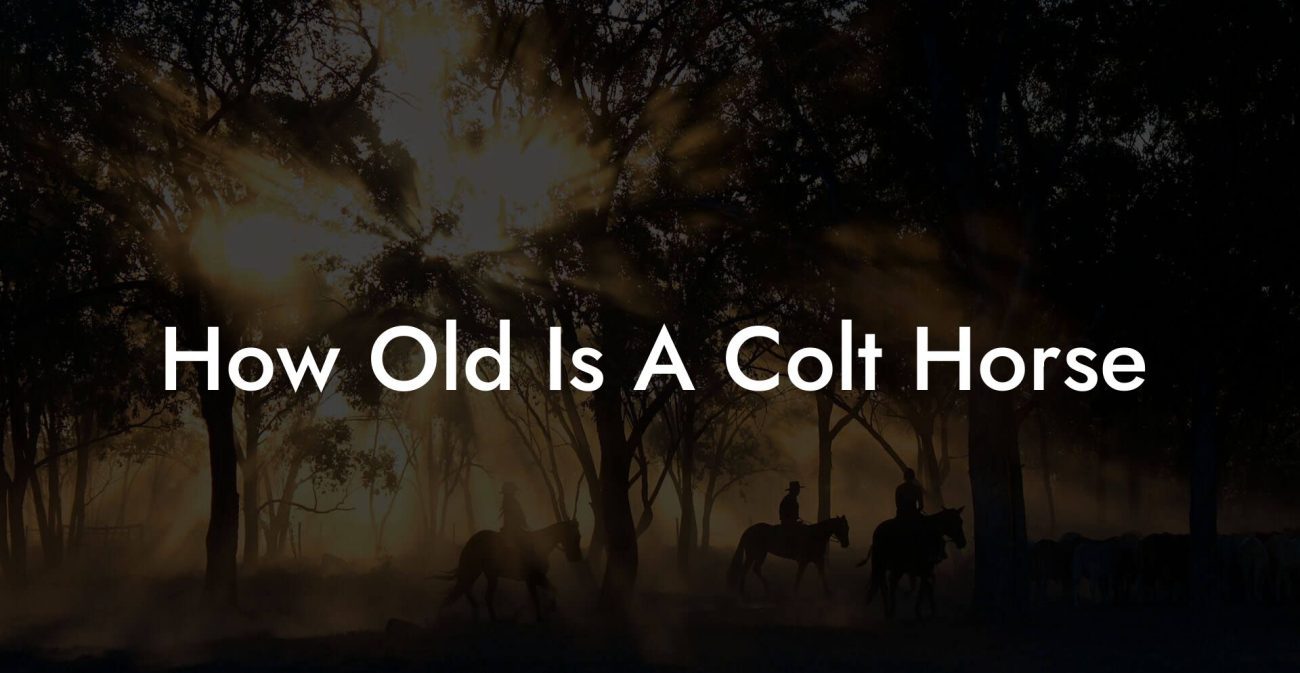Have you recently found your perfect equine companion and want to ensure you provide the best possible care to your beloved steed? Or maybe you're just exploring the possibilities of horse ownership? Knowing how to properly look after your horse is key to building a strong bond and maintaining their health and happiness.
What Do I Need To Take Care Of A Horse Table of Contents
In this post, we will provide you with a comprehensive guide to the essentials of horse care. By the end, you'll know precisely what you need to take care of your horse, from grooming and feeding to exercising and ensuring their comfort. Grab your saddle and let's get started!
1. Grooming Tools and Supplies
Regular grooming is essential for preserving your horse's health, as it helps not only to prevent skin and hoof issues but also to create a bond between you and your horse. Begin gathering your grooming toolkit with these items:
- Curry comb: for removing loose dirt and hair
- Stiff-bristled brush: to remove excess dirt and hair
- Soft-bristled brush: for smoothing the coat and adding shine
- Hoof pick: for cleaning out hooves and preventing thrush
- Mane comb or brush: to detangle mane and tail
- Grooming cloth: for cleaning delicate areas (e.g., eyes, ears, and muzzle)
2. Feed and Supplements
A healthy diet is imperative for keeping your horse in tip-top shape. Basic horse nutrition includes forage (hay or grass) as the primary source of food, with grain and concentrates added for extra energy and nutrients. Make sure to always provide fresh water and have salt/mineral blocks available.
Monitor your horse's weight and be prepared to adjust the amount and type of feed according to their age, weight, workload, and overall health status. It's a good idea to consult with a veterinarian or equine nutritionist for guidance.
3. Horse Stabling and Shelter
Regardless of whether they live inside a stall or roam freely in a pasture, horses need a clean, dry, and comfortable shelter to protect them from extreme weather conditions. Ensure that your stable or shelter is adequately ventilated, well-maintained, and free of hazards.
Regularly clean your horse's living area and replace any wet or soiled bedding. It's also vital to provide sufficient space for your horse to move and interact with their equine friends.
4. Tack and Equipment
Acquiring the right tack and equipment is crucial for safely and comfortably riding your horse. Here are some vital items to get you started:
- Saddle: fitted to both the horse and rider
- Saddle pad: for comfort and to protect the horse's back
- Bridle: containing a bit and reins
- Girth: to hold the saddle in place
- Helmet: for rider safety
- Riding boots: for both protection and control
5. Routine Health Care
Administer routine health care services, such as deworming, vaccinations, and dental care, to ensure your horse remains healthy. Establish a relationship with a reliable veterinarian and farrier to cover your horse's medical and hoof-related needs.
What Do I Need To Take Care Of A Horse? Example:
Suppose you have just purchased a horse named Daisy. First, you will want to ensure Daisy has appropriate living conditions set up, including fresh water, food, and clean bedding. Then, by regularly grooming Daisy with the proper tools, you'll create a bond while maintaining her coat and hooves. Remember to consult a veterinarian on appropriate feed and supplements, and make certain Daisy's tack fits well for enjoyable and secure rides.
Now that you're equipped with the knowledge and tools needed for taking care of your beloved equine companion, you can focus on enjoying your time together and forming a lasting bond. Remember that horse care is an ongoing journey, so continue to learn and grow as a responsible horse owner.
We hope you found this guide helpful and informative. If you did, please don't hesitate to share it with fellow horse enthusiasts. Be sure to explore our other guides on 'How to Own a Horse' for even more tips and insights into the wonderful world of horse ownership!

